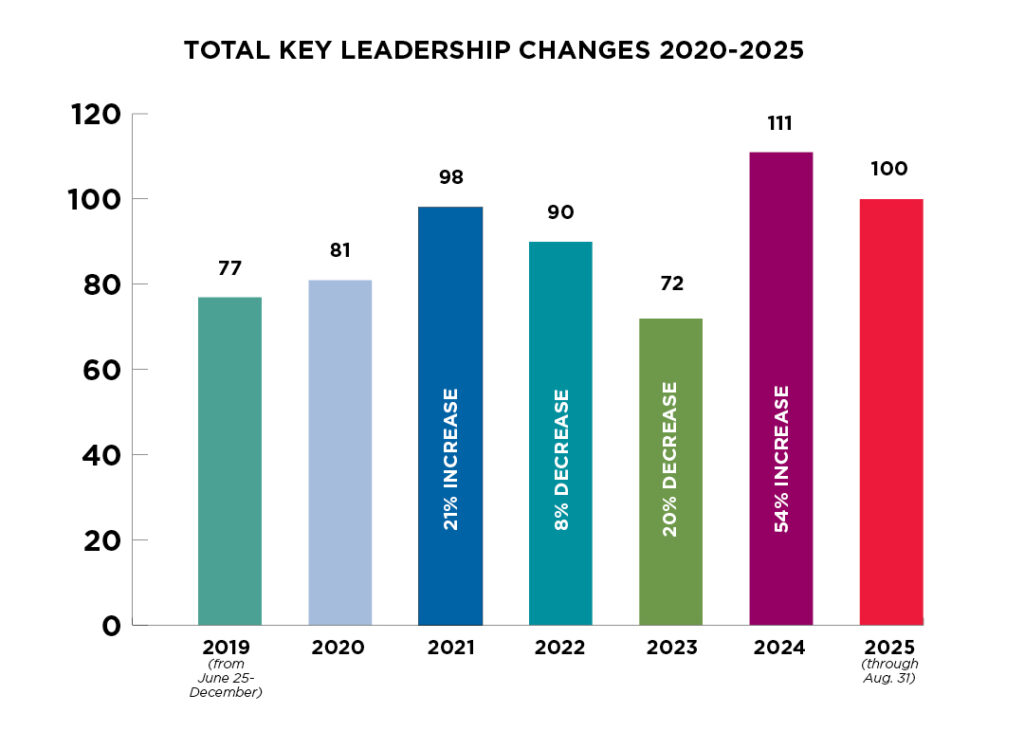NOTEBOOK: FLASHBACK – The reason Iowa is ripe for data centers

CHRIS CONETZKEY Jul 14, 2016 | 3:42 pm
1 min read time
317 wordsBusiness Record Insider, Innovation and Entrepreneurship, The Insider NotebookNews that Project Osmium will potentially be another large Microsoft data center had me thinking back to a Business Record story from 2012.
Iowa had recently been showing a propensity to land large data centers, but this was mostly before the likes of Facebook, Microsoft and Google — and local company LightEdge Solutions — really began carving up Iowa’s countryside with their mega data centers. The 2012 story cited a report from the Boyd Co. Inc., a corporate location consultant based in New Jersey, that was conducted to find highly secure, cost-effective sites, and includes thoughts from the Greater Des Moines Partnership’s David Maahs.
The report predicted the Midwest and Iowa would see a big influx of companies and jobs from the data security industry in the form of data centers. The two primary reasons it cited, in a nutshell: low operating costs and a lack of natural disasters.
Low operating costs: Des Moines ranked No. 9 out of 45 cities in the study. Ames ranked No. 6. We have cheap power (MidAmerican’s wind projects have helped a lot), and lots of land. The Atlantic magazine chronicled this online.
Security: Iowa has a relatively low number of natural disasters, such as hurricanes and earthquakes.
Two other interesting points that led to the growing attractiveness of Iowa. The article talked about state legislation passed in 2009 that gives data centers a sales and use tax exemption on computers and other necessary equipment, including cooling systems and backup generators.
Additionally, Iowa’s tax policy was one reason Sioux Falls, S.D. outranked cities in Iowa in the study. Gov. Terry Branstad’s plan to reduce commercial and industrial property taxes was referred to by the consultant as a game changer that would increase Iowa’s attractiveness. That plan, of course, came to fruition in 2013 with reform legislation that Branstad declared would lead to the largest reduction in property tax bills in state history.









